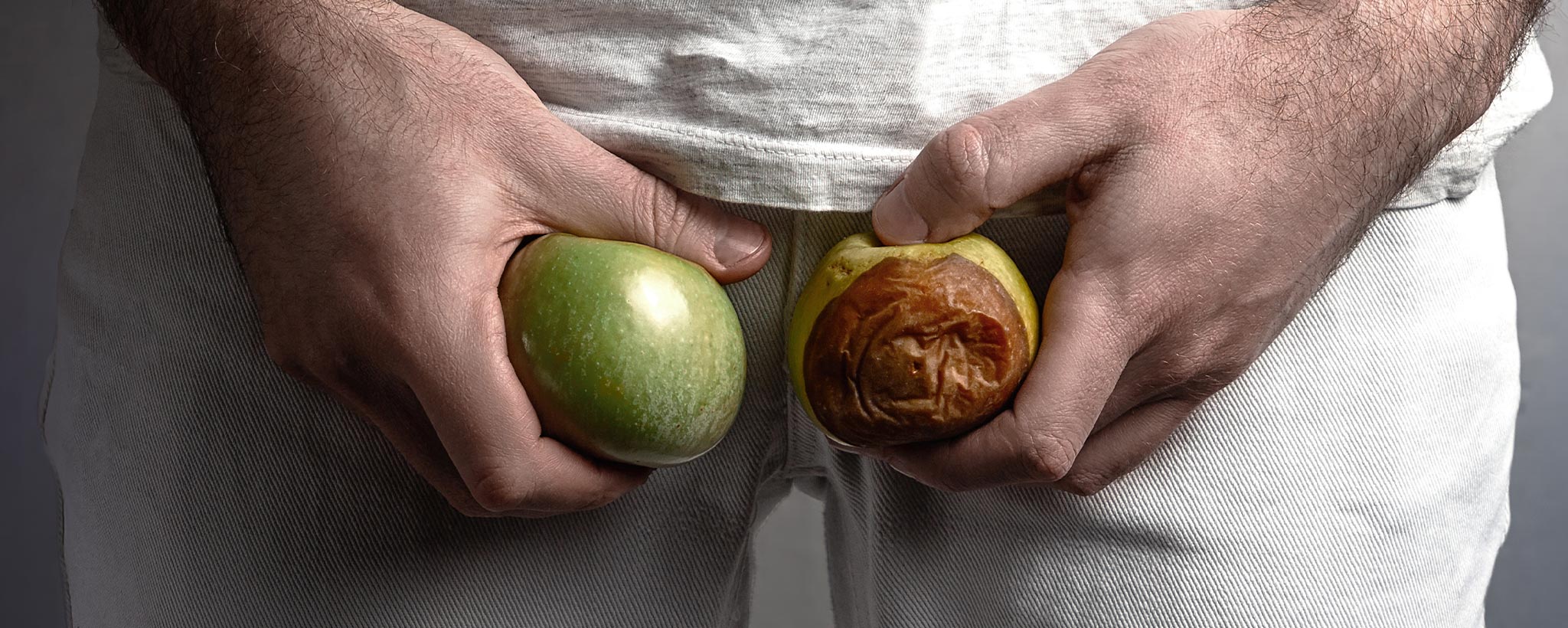Statins are a type of medication that treats high cholesterol to reduce risk of heart attack or stroke.
Statins Have Their Place
Heart attack and stroke are foreboding words that arrest your attention. Cholesterol is a waxy buildup within blood vessels. As cholesterol increases, it may block a major artery, restricting oxygen to your brain. This causes a stroke or heart attack. An MD is a doctor of medicine. So when your health is in danger, a physician prescribes a medical solution—in this case, a statin.
Statins include atorvastatin (Lipitor), fluvastatin (Lescol XL), lovastatin (Altoprev), pitavastatin (Livalo), pravastatin (Pravachol), rosuvastatin (Crestor, Ezallor) and simvastatin (Zocor, FloLipid).
Why Patients Don’t Like Statins
There are good, bad, and ugly sides of statins. While statins are highly effective and safe for most people, this category of drugs has been linked to muscle pain, digestive problems, and mental fuzziness in some people. Rarely, they cause liver inflammation or damage.
There is a small risk of blood sugar (blood glucose) level increases when you take a statin, which may lead to developing type 2 diabetes. This occurs most often when blood sugar levels are already elevated and fall in the prediabetes or diabetes range when you begin taking a statin.
Statins may interfere with the production of coenzyme Q10. Simvastain use was associated with significantly worse sleep quality. According to one multi-gender 6-month clinical study, “statins generally decreased aggression in men; and generally increased aggression in women.” Many drugs may interact with statins. Be sure your doctor is aware of all the prescription and non-prescription medicines you are taking.
About 10 percent of people on a statin will develop [muscle ache or pain], although it is usually fairly mild, and it is entirely reversible—without causing damage to the muscle [few cases per million]—when the drug is discontinued. In 1 out of 10,000 cases, a patient on a statin will develop [rhabdomyolysis] serious pain and muscle damage. —Joseph A. Hill, M.D., Ph.D.
The most rigorous studies show that statins do not commonly cause memory loss. If anything, long-term use of statins might have a beneficial effect on the brain since they help prevent strokes and protect the health of arteries in the brain.
About 25 percent of patients who receive a prescription for statins are non-compliant due to myalgia—muscle weakness, pain, cramps or similar complaints. A study of 420 patients, where there is little difference between placebo and statins, suggests that preexisting conditions are the cause of myalgia.
Researchers, from Radboud University Nijmegen Medical Center in the Netherlands, indicate muscle problems are likely due to the drug’s effect on the mitochondria, energy production centers of muscle cells.
Inevitable Prescription
Many patients immediately fill their prescriptions and gulp them down to preserve their lives. Statistically, the majority of patients on statins benefit. Some who hesitate suffer foreboding consequences. Others respond by taking better care of their health to lower cholesterol without statins.
If you have experienced a heart event or stroke, it’s best to stick with the medication.
Doctors realize that statins are not perfect. But they can save lives. “If you have experienced a heart event or stroke and your doctor prescribes a statin,” Lipid Specialist Sanford Carimi, MD of UnityPoint Health, says “it’s best to stick with the medication. He says the risk is too high, even if you’re now living a better, healthier lifestyle. However, if you haven’t had a stroke or heart attack and you are taking statins due to high cholesterol numbers, ending statin use might be an option.”
Patients who have experienced a heart event or stroke have a high risk of complications or death. However, if you haven’t had a major heart event, ending statin use might be an option in theory. However, few doctors reverse the prescription. So the question is, can you reduce cholesterol before getting on the statin merry-go-round.
How a Vegetarian Gets High Cholesterol
Those who know me realize I am a pretty healthy person. I work to keep my BMI below 30. As a result of better food choices and exercise, I lost over 20 pounds during a 30-month period. Cholesterol levels tend to increase with age. A reading between 200 and 239 mg/dL is considered borderline high and a reading of 240 mg/dL and above is considered high.
Before becoming a vegetarian, my total cholesterol reached 199 mg/dL. After cutting out the greasy beef burgers, it eventually dropped down to 168 mg/dL without statins.
During my annual physical exam in December, my cholesterol shot up to 200 mg/dL. Within days of the report, a new doctor told me I could pick up my prescription for a statin. When I declined, she responded with anticipated warnings.
Decreased mobility due to physical injury, snacking on empty-calorie processed foods caught up with this vegetarian. The best treatment to lower cholesterol levels involves a range of different methods, including lifestyle and diet.
Reduce stress, drink more water, sleep well, avoid trans fats. exercise most days of the week and maintain a healthy weight. Some vitamins and supplements, such as Niacin or Magnesium may stop the liver from removing HDL and lower triglycerides.
Because of past experiences, I am cautious about taking drugs—particularly those with so many potential side effects. Enrolling in a 16-week Healthy Balance program to make wiser food choices and exercising within limitations resulted in a 12-pound weight loss. Not wanting to wait a full year, my annual physical eight months later saw my cholesterol drop from 200 to 173 mg/dL.
There are many ways to interpret cholesterol levels. Over the past seven years, my HDL (good cholesterol) has bounced between 37 and 45 mg/dL. On this occasion, it is 42 mg/dL. (A reading from 41 mg/dL to 59 mg/dL is considered borderline low.) Divide total cholesterol by HDL for standard 4:1 ratio. This is down from over 5:1 just eight months earlier.
Non-HDL cholesterol (total cholesterol minus HDL) should be below 130 mg/dL. Mine is 131 mg/dL. In my case, dietary adjustments result in significant positive results. Do not stop taking statins abruptly without consulting a physician to stay A Bit More Healthy.






